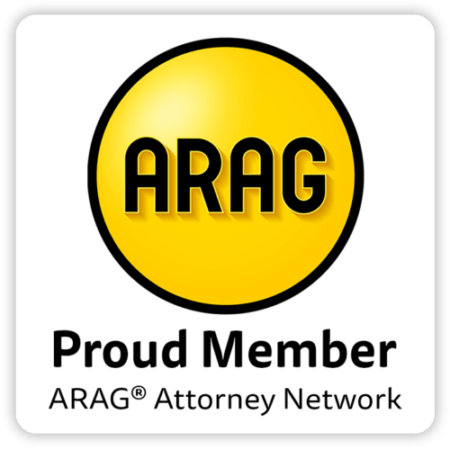How To Avoid A Tax Audit
- DOUBLE CHECK YOUR MATH
The IRS has programs that check the math and calculations on tax returns. Basic math errors in adding and subtracting will raise suspicions about what else could be wrong with your return. Thus, if your return “doesn’t add up,” it may be flagged for further review and most likely an audit.
2 . EXCESSIVE DEDUCTIONS FOR BUSINESS MEALS & TRAVEL
You cannot deduct expenses reimbursed by your employer.
The new tax law did away with the deduction for entertainment expenses. However, you still can deduct meals and travel.
To qualify for the meal deduction, keep detailed records of the following:
- The amount spent
- The place of the meeting
- A list of people attending
- The business purpose of the meeting
The IRS defines a travel expense as follows: the ordinary and necessary expenses of traveling away from home for your business, profession, or job. https://www.irs.gov/pub/irs-pdf/p463.pdf
You may deduct the following travel expenses:
- Transportation (e., airplane, train, or bus)
- Taxi, commuter bus, and airport limousine
- Baggage and shipping
- Car (standard mileage for your own vehicle, or a rental car)
- Lodging & Meals
- Cleaning (dry cleaning & laundry)
- Telephone
- Tips; and
- Other (e., computer rental fees, public stenographer fees, etc.)
3. CLAIMING HOME OFFICE DEDUCTIONS
You must use a portion of your home “regularly and exclusively” for business in order to claim a home office deduction. When you claim this deduction, you have to figure out exactly how much square footage is dedicated to your business in your home versus how much square footage you have in your home at large.
You’ll need to be able to prove the area you’re claiming is separate and exclusive for business use. Make sure home office expenses are well-documented and supported.
4. SCHEDULE C FILERS
The IRS particularly watches for businesses that operate primarily with cash – and almost certainly those that are reporting a loss. The IRS has plenty of experience auditing self-employed taxpayers who underreport income or overstate expenses. Make sure your records support what you are reporting.
5. UNREPORTED INCOME
The IRS gets copies of all the 1099s and W-2s you receive and their systems automatically compare this data to the amounts you report on your tax return. You must report all 1099s and W-2s, even if you believe them to be incorrect and deal with the discrepancies after you file your return.
6. CLAIMING A LOSS ON A HOBBY
The IRS will expect you to report a profit for 3 of every 5 years you operate the business. Businesses are meant to be profitable. If you report losses for at least three of the past five years, your “business” is more likely to be viewed as a hobby by the IRS. The IRS disallows any business deductions for hobbies and may require you to restate any business income/loss as a hobby income/loss, subject to hobby rules.
7. HIGH INCOME
Fewer than 1% of tax returns with $200,000 or less in income are audited. That percentage grows to 10% and higher for those earning above $1 million. The higher your income, the more likely you will get attention from the IRS.
8. EARNED INCOME TAX CREDIT (EITC)
The IRS scrutinizes EITC claims closely to prevent fraud. If you claim the Earned Income Tax Credit, make sure to document how you meet EITC rules so that you can provide this documentation to the IRS in the future should you be audited.
9. CLAIMING 100% BUSINESS USE OF A VEHICLE
Claiming 100% business use of a vehicle will almost certainly draw IRS attention. The IRS knows that it is rare for someone to use a vehicle they own 100% of the time for business purposes, particularly if you don’t have another personal vehicle registered in your name. The higher percentage you are claiming, the more essential it is that you have detailed records.
10. GIVING A LOT OF MONEY TO CHARITABLE ORGANIZATIONS
Charitable deductions are not available to individuals who choose the standard deduction. Only taxpayers who itemize deductions on a FORM1040 can claim deductions for charitable contributions. It is necessary to have documentation of all charitable gifts. Ask for a receipt when you give something.
Experience Counts When You’re Dealing With The IRS
For over 24 years the Parker Law Firm has saved our clients over $5M in taxes and we are ready to assist you in keeping money in your wallet, too!
Call us now at 770-246-1331 or email us at info@theparkerlawfirm.net.
Recent Blog Posts
Office Address
© 2023 Parker Law Firm. All Rights Reserved.
This website has been built to be accessible for all users. If you experience any difficulty in accessing this website, please contact us for assistance.











